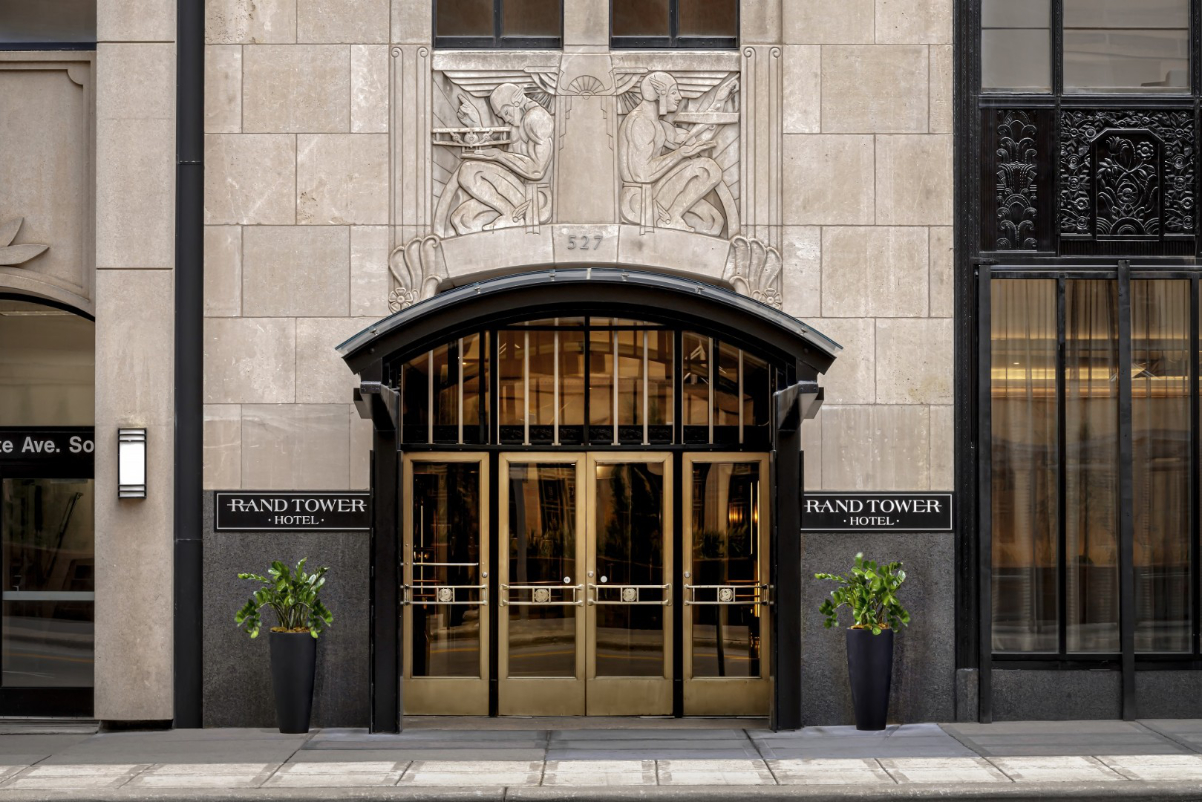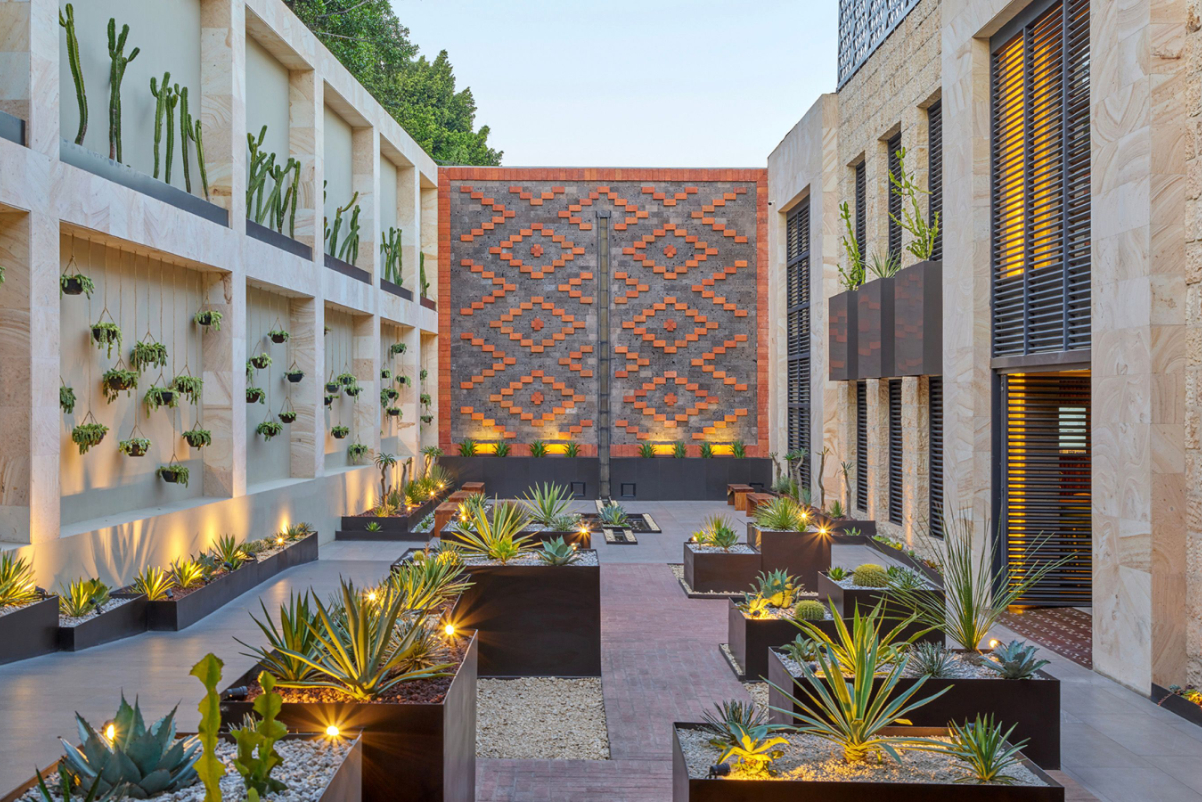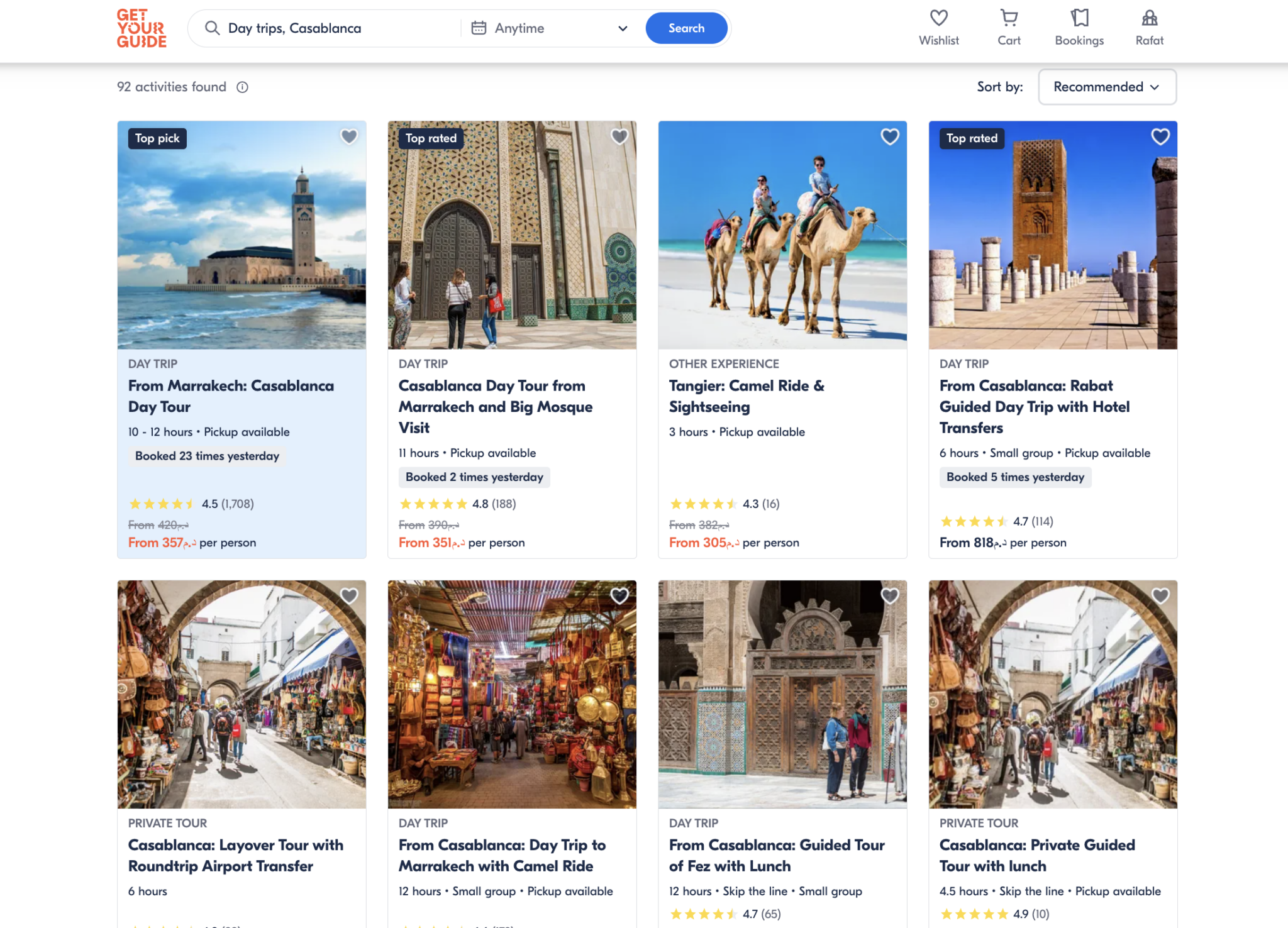Gobi Bets on Middle East Player Holidayme to Unlock Asia’s Muslim Travel Market

Skift Take
Online travel agency Holidayme has raised $16 million in funding to expand outside its Middle East turf into Asia, and has bought the tiny Malaysian online booking platform for Muslim-friendly hotels, Tripfez, which will cease to exist and be converted to Holidayme.
The Series C funding round, led by Kuala Lumpur-based venture capital firm Gobi Partners and announced late last week, brings Holidayme’s total raise since inception in 2014 to just under $39 million.
Gobi is on the prowl in what it terms the “TaqwaTech” space that includes players that provide products and services for Muslims. Just before this, in mid-November, it led a Series A funding round of $1.5 million in online travel agency Sastaticket in Pakistan, which has the second largest number of Muslims in the world after Indonesia.
But its first muslim-focused investment was Tripfez, with a sum of $750,000, in 2016.
Tripfez came into the market in 2013, a year ahead of Holidayme. Its home base, Malaysia, has a population of 33 million, over 60 percent of whom are Muslims, while neighboring Indonesia has 265 million people, 87 percent of whom are Muslims, according to the 2010 census.
By comparison, Holidayme’s catchment area, the United Arab Emirates, comprises just 9.5 million people, with Islam as the official religion. The biggest populations are in Dubai, Sharjah and Abu Dhabi, capital city of the federation.
Holidayme has grown to a staff of 280; Tripfez just 25. Having positioned itself in the UAE as a leading online travel platform, Holidayme has started to venture into Saudi Arabia. “Given this funding, we’ll be making a bigger thrust into Saudi and Malaysia, both over 30 million people market, in equal measure. The next markets we will get active in will be Indonesia and China,” Holidayme co-founder and CEO Geet Bhalla told Skift.
In contrast, Tripfez has yet to unlock the full potential in Malaysia, let alone Southeast Asia.
Gobi, Holidayme, and Tripfez announced the deal late last week as a “merger” — in the sense that the investors see Asia and the Middle East, with a Muslim population of some 1.7 billion people, ‘merging’ as one belt for them, Bhalla said, when asked about this.
How It All Came Together
Holidayme, which has been contemplating next steps of growth, sees the Umrah market as totally underserved. Umrah refers to pilgrims visiting the two most sacred Muslim cities in the world, Mecca and Medina in Saudi Arabia, at any other time of the year than the compulsory Hajj.
“The biggest markets in the Middle East for Umrah are UAE and Saudi Arabia. But Saudis don’t need an Umrah package, it’s their backyard. The next big segment is Southeast Asia, so when I had a chat with Gobi, they got excited. We agreed this market just makes sense and, as Gobi had invested in Tripfez, they wanted us to look at Tripfez to see if we could leverage what it has built,” said Bhalla.
According to Tripfez co-founder Faeez Fadhlillah, Gobi raised its funding to a total of $1.3 million in August. Tripfez was seeing a sales growth of 200 percent year to September, he said.
Said Bhalla: “We saw it as a good opportunity to enter a new market with Tripfez and not go through the process of learning a new market on our own, which can be expensive, so we met with Faeez, who has a great understanding of Malaysia and Southeast Asia, and that’s how it came together.
“Southeast Asia has always been on the cards for us, and this just accelerates our expansion there. The opportunity of what we’re building with Umrah could not be done without looking at Southeast Asia, especially Malaysia and Indonesia.”
Holidayme is beta testing what it calls the next generation Umrah solution, which will enable travelers to book Umrah tailored packages completely online, including visa processing.
In Southeast Asia, this market is virtually booked offline through travel agencies, which in general have not met the new aspirations of savvy, millennial Muslim travelers, despite this group constituting 60 per cent of the population in Muslim-majority countries.
Bhalla said it is “30 years behind” in travel booking.
Fresh Brand in Southeast Asia
He sees an opportunity to enter Southeast Asia with a fresh Holidayme brand. “Faeez will spearhead the Southeast Asia action as basically CEO of the region and his job is essentially to accelerate customer and revenue growth in these markets. We’ll be giving him the technology boost and more people,” said Bhalla.
Holidayme has a large technology center in Pune, India, with around 100 engineers. “Tripfez does not have a large technology team. But one of the things we like about them is Salam Standard. We think we can grow that to be much bigger, making it the TripAdvisor for Muslim travel,” he said.
Tripfez introduced Salam Standard in 2015, pitting itself against another established player, CrescentRating. It gives hotels a Gold standard if they meet a list of 10 amenities for Muslim guests, and Silver and Bronze for those with fewer. These amenities include restaurants serving halal food, having no alcohol in mini-bar and giving Qibla direction and prayer mat in room.
But it appears there are kinks to be ironed out. For instance, a check with Royal Plaza on Scotts Singapore, which is featured on Tripfez’s platform and has a Gold Standard, shows the hotel does not know that it is on the platform or that it has a Gold Salam Standard. A search for hotels in Singapore also shows 1,150 available hotels, whereas the city has only 420 licensed hotels as of 2017.
Fadhlillah explains Tripfez gets its 200,000-plus hotels inventory from direct and third-party sources, while for Salam Standard, it asks hotels to provide their list of the Muslim-friendly amenities, rates them accordingly and makes random checks. Out of 93,000 hotels with a Salam Standard, 55,000 have been checked, he said.
He said he is excited to have “much bigger resources” going forward which he believes will generate stronger bookings and revenues in Southeast Asia.
The Proof is in Execution, not Niche
But where Tripfez differs from Holidayme is that its focus is Muslim-friendly hotel bookings, which may be limiting today, whereas Holidayme’s focus is being the best online travel agency that happens to operate in Muslim-populated markets.
“We built up Holidayme on the basis of giving our customers, Muslims or non-Muslims, a great user experience, better prices, content, the ability to customize holidays online, fulfillment and, given that the majority of clients in the places we operate in are Muslims, we say here’s an extra piece of information [Salam Standard] to help you in your travel decisions,” said Bhalla.
He believes given its success in the Middle East, where Holidayme’s sales are up 127 percent year to September, while transactions grew 163 percent, it will have a head start in Southeast Asia, where “most people are largely unaware there are players who can cater to their requirements and go beyond finding the basic amenities that a hotel offers”.
Bhalla said its core business, holidays, offers over 600 packages covering 300 destinations in 60 cities, majority of which are direct contracts. Hotel bookings are increasing, he said, with the inventory comprising 410,000 hotels from both direct and indirect sources.
He foresees taking Asians to new destinations such as Georgia, Armenia and Azerbaijan, which are now popular among Arabs, and enhancing Asia’s product offerings for Middle Eastern visitors for whom Asia is an important destination.
Enhancing technology and stepping up marketing to raise awareness of Holidayme are the key pillars to grow in Southeast Asia, he said.
“I won’t be surprised if more new players enter Southeast Asia as there is still a lot of opportunities in the market. To succeed, it’s the regular things that matter, like speed of execution, catering to the right places — stuff that are not the easiest thing to build,” Bhalla said.
Muslim arrivals globally rose to 131 million in 2017, from 121 million in 2016, and is forecasted to grow to 156 million visitors by 2020, or 10 percent of the travel segment, according to Mastercard-Crescentrating Global Muslim Travel Index 2018.
The index expects Muslim travel spend to reach $220 billion in 2020, and hit $300 billion by 2026.




